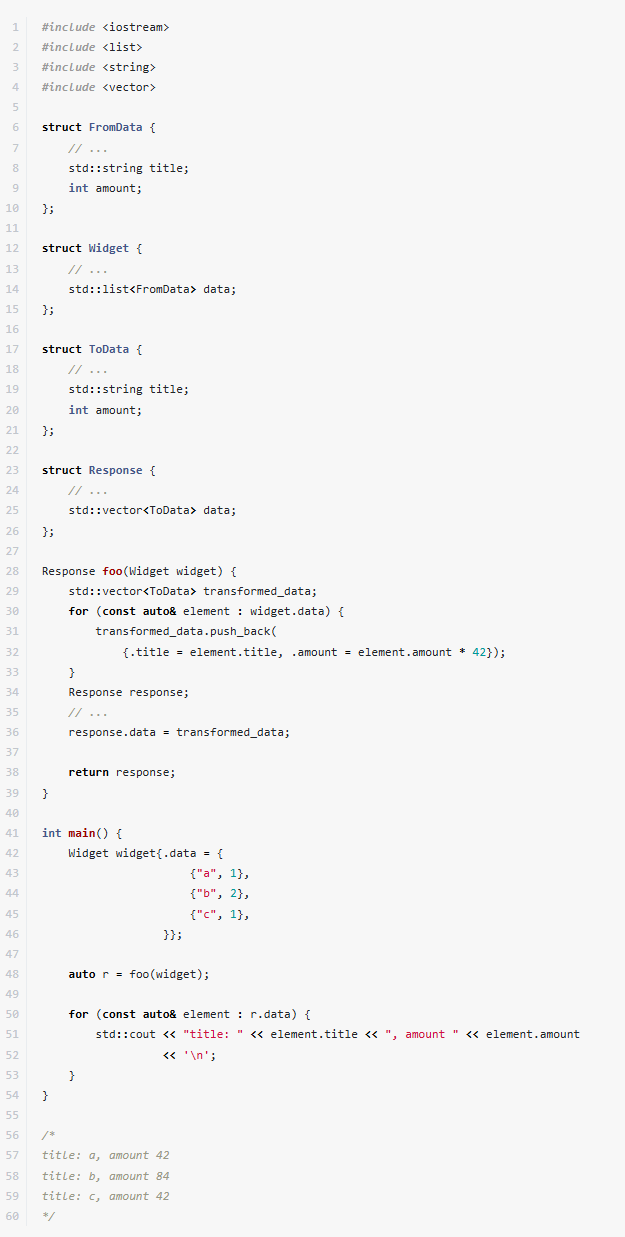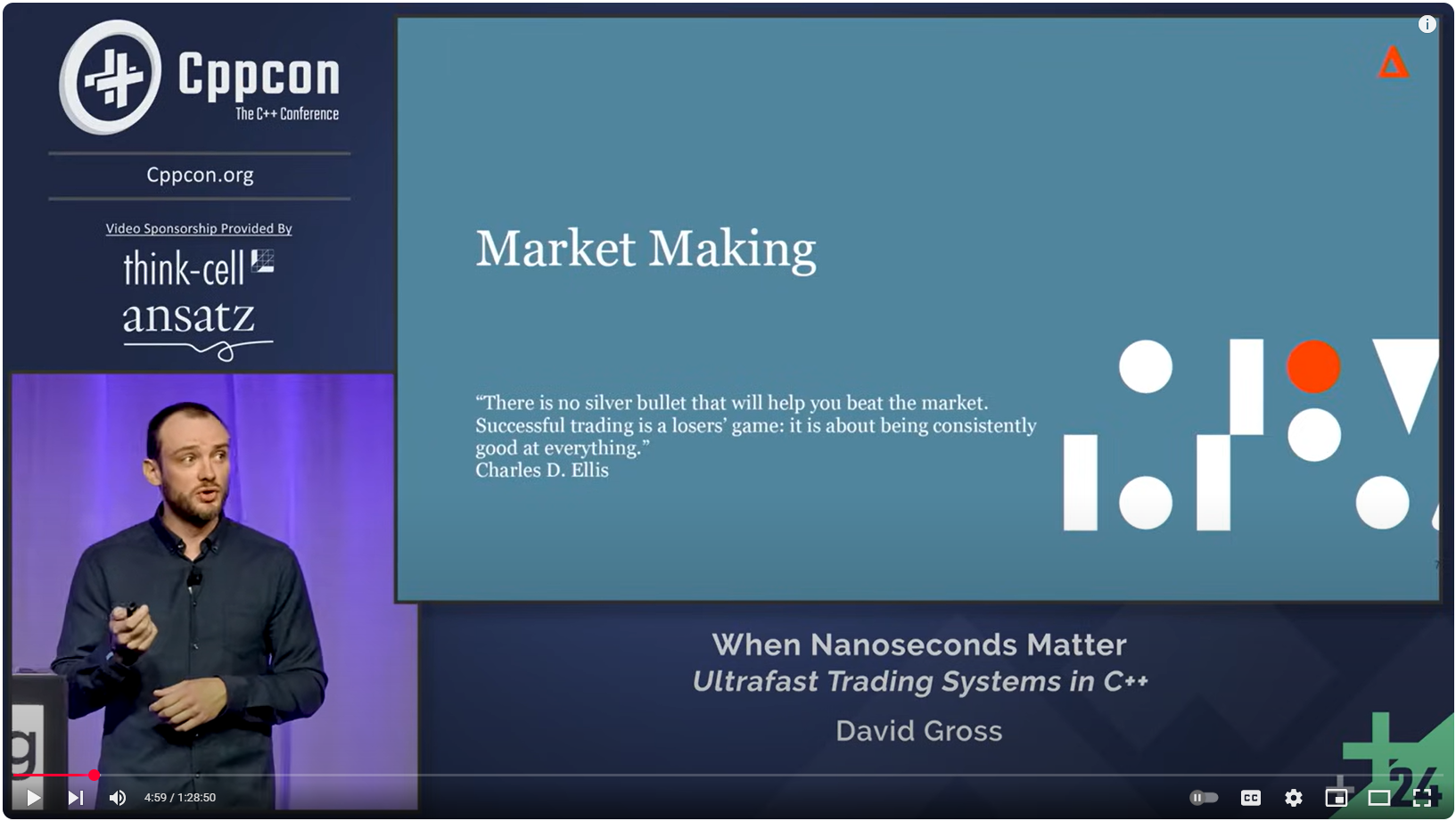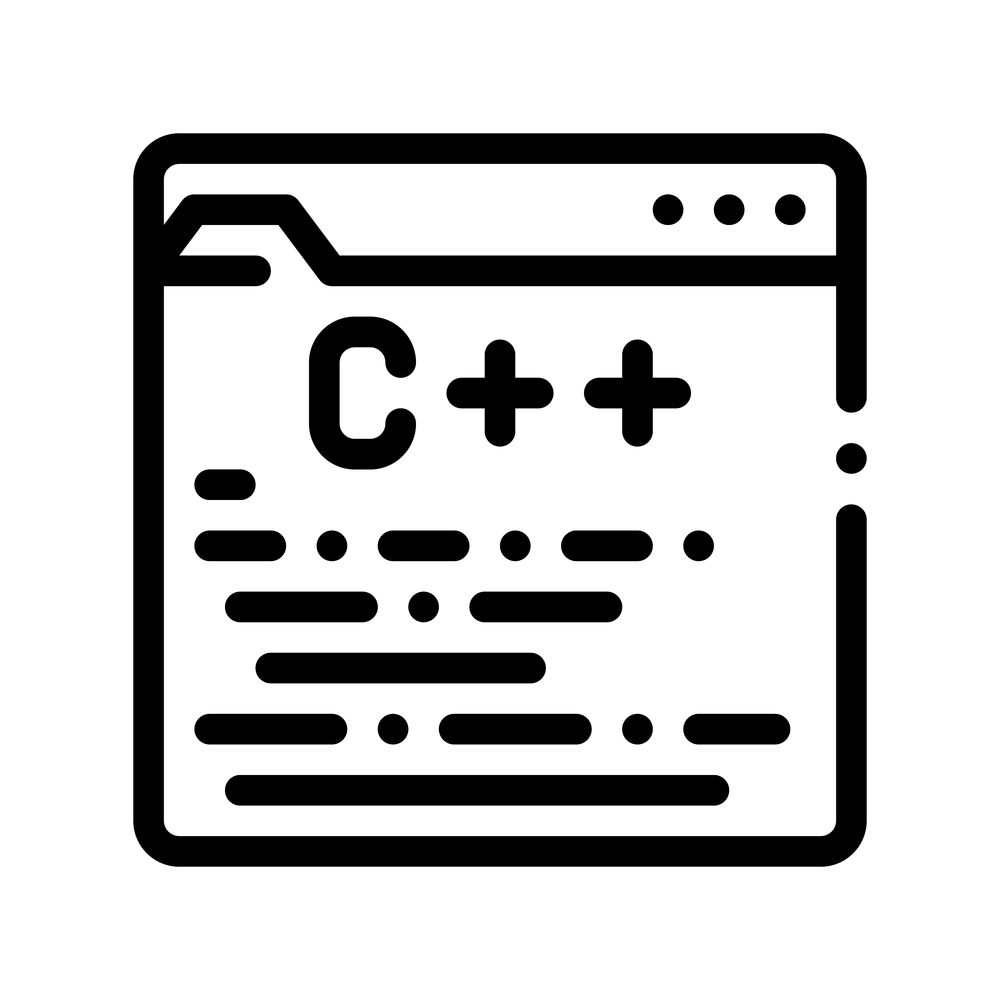Visit Meeting C++ 2025 with assistance and your wheelchair
Sharing an opportunity for those needing assistance to travel and lodge: the conference hotel of Meeting C++ has special rooms for you!
Visit Meeting C++ 2025 with assistance and your wheelchair
by Jens Weller
From the article:
As you may not be aware about this opportunity, I wanted to highlight that the Vienna House Andel's Berlin Hotel offers accessibility rooms for those who need them.
a picture showing a shower with hand rails and a chair
Meeting C++ in Berlin has been visited by folks in wheel chairs, and I thought I highlight this possiblity. Recently when looking through pictures provided by my hotel contact, I've seen aboves picture of an accessible bathroom, which sparked my interest in finding out more about them. While I knew they existed, I didn't know the Hotel has actually 14 rooms of them, and that they each have a twin room for an assistant to stay. So if such a room is needed for your stay, wether you bring a wheel chair or not - now you know that its possible...

 Using ranges or algorithms has several advantages over raw loops, notably readability. On the other hand, as we’ve just seen, sheer performance is not necessarily among those advantages. Using ranges can be slightly slower than a raw loop version. But that’s not necessarily a problem, it really depends on your use case. Most probably it won’t make a bit difference.
Using ranges or algorithms has several advantages over raw loops, notably readability. On the other hand, as we’ve just seen, sheer performance is not necessarily among those advantages. Using ranges can be slightly slower than a raw loop version. But that’s not necessarily a problem, it really depends on your use case. Most probably it won’t make a bit difference.
 Registration is now open for CppCon 2025! The conference starts on September 13 and will be held
Registration is now open for CppCon 2025! The conference starts on September 13 and will be held  Constexpr has been around for a while now, but many don’t fully understand its subtleties. Andreas Fertig explores its use and when a constexpr expression might not be evaluated at compile time.
Constexpr has been around for a while now, but many don’t fully understand its subtleties. Andreas Fertig explores its use and when a constexpr expression might not be evaluated at compile time. C++’s undefined behaviour impacts safety. Sandor Dargo explains how and why uninitialised reads will become erroneous behaviour in C++26, rather than being undefined behaviour.
C++’s undefined behaviour impacts safety. Sandor Dargo explains how and why uninitialised reads will become erroneous behaviour in C++26, rather than being undefined behaviour. In the December issue of Overload [
In the December issue of Overload [